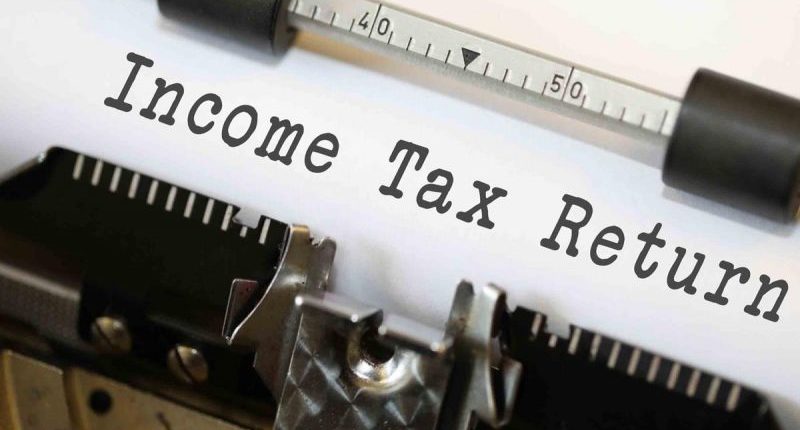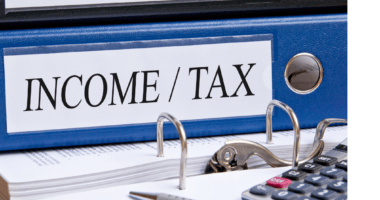FM Nirmala Sitharaman through her first-ever maiden Budget in July 2019 has put transformation agenda of the Modi Government 2.0. The government is all set to boost the economy with a roadmap to achieve the $5 trillion target.
The roadmap focuses on increasing consumption, motivate the investors, remove the liquidity squeeze and create employment in the country. The government’s plan for the next five years focuses on making the life of common folks much more comfortable than before.
FM, in her Budget speech, thanked the taxpayers for the increased tax collections, which worked like an alarm for the super-rich to contribute more towards the nation-building. Targeting the high-income earners, Budget 2019 proposed an increase in the surcharge rate on their income.
For the individuals earning more than Rs 2 crore and less than Rs 5 crore, the marginal rate of tax for FY 2019-20 will be 39%. Similarly, individuals with an annual income of more than Rs 5 crore will have a marginal pay tax of 42.74% on their income. This move will not only increase the tax collections but also reinforce a fair and equitable income distribution among Indians.
The government’s plan to increase its tax base has made it mandatory for individual taxpayers, who carry high-value transactions in a year, to file income tax returns. These individuals are the following:
- Individuals who have paid electricity consumption bill of more than Rs 1 lakh in a year.
- Individuals who have deposited Rs 1 crore to a current account in different periods or in aggregate.
- Individuals who have claimed rollover benefit of tax exemption for long-term capital gains under the Income Tax Act provided the income is taxable before such exemption.
The inclusion of such individuals under the umbrella of income tax provisions will help the government track transactions and revenue leakage and stop tax evasion. The individual’s disclosure of his income, expenses made during the year in the income tax return will be cross-verified by the department from various sources. This will reduce the chance of any misreporting and will prevent tax evasion to a greater extent.
Also Read: ITR Filing: How to Claim Income Tax Refund Online
Speaking of tax evasion, the government’s decision of introducing 2% TDS (tax deducted at source) on cash withdrawals above Rs 1 crore is a very smart and effective move to discourage cash transactions in the economy.
To make India, a greener economy, the Modi government 2.0 has boosted the automobile sector. Every individual taking a vehicle loan (between 1 April 2019 and 31 march 2023) to buy an electric vehicle will get a tax deduction benefit of Rs 1.5 lakh every year.
Also, the government, in its 36th GST Council meeting, has reduced GST rate on electric vehicles from 12% to 5%.
To encourage the use of electric vehicle and behaviour shift towards using public transport, the FM announced a hike in the fuel prices in the Budget 2019. This move is certain to help India grow greener in the next five years.
This Budget, ‘Housing for all’ was another area of focus for the government. FM announced another tax deduction of Rs 1.5 lakh for the purchase of the first residential house property (stamp duty value not exceeding Rs 45 lakh) by an individual.
This proposal was criticised by some of the industry players as well as the urban buyers, as a small 1 -2 BHK in Tier-1 metro cities such as Delhi, Mumbai and Bengaluru costs more than Rs 50 lakh and above. But, the future is always unknown, the situation might improve based on the demand and supply of affordable houses.
So, we can expect the real estate sector to get a boost and help the government to achieve its targeted economy in the next five years.
With an intent to create one identity for all the citizens, FM announced a provision, where Aadhaar and PAN can be interchangeable. However, this new provision cannot be applied in a day in a country with a population of more than 133 crore. The government, with this change, has addressed the problem of people who do not have PAN.
The Modi government 2.0 has set a target despite certain external hurdles, which can affect the economy on a larger scale. Despite these challenges, our FM has found ways to address them in Budget 2019 and make India a much organised, women-led, socio-oriented, and a sustainable economy.
I am an aspiring Chartered Accountant. I spend most of my free time dredging through the various Indian finance subreddits. I am a semi-professional bowler with a high strike rate every time there is a new tax reform!





